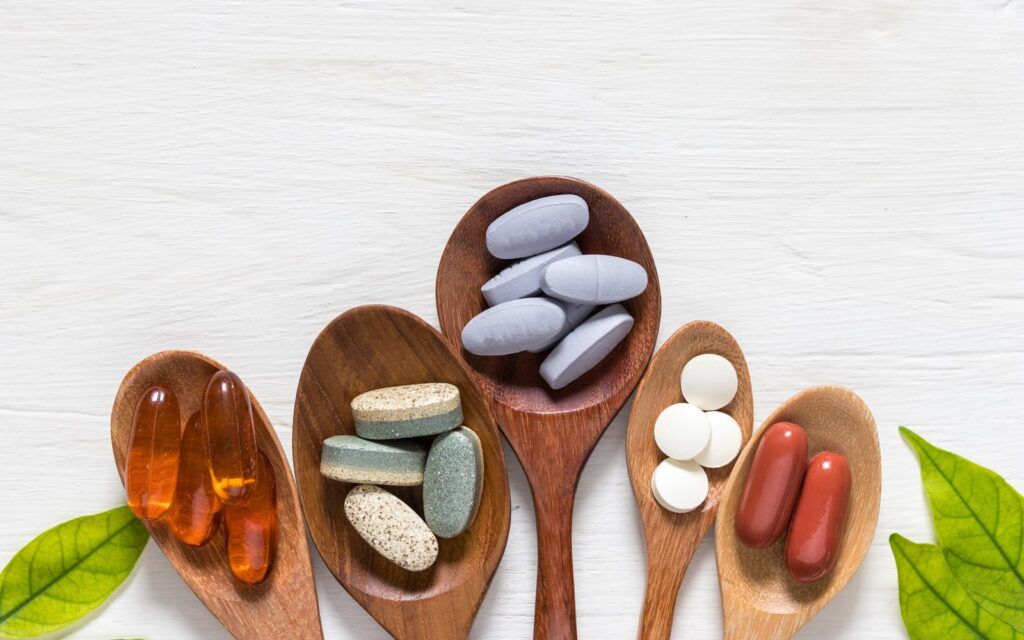Keeping your teeth healthy requires a commitment to oral hygiene and regular dental visits. That isn’t where the work ends, however. A healthy diet does more than just prevent decay by limiting carbs and sugars. It also provides the much-needed nutrients to keep our teeth and gums healthy. Foods for dental health aren’t a commonly discussed subject outside of what to avoid. If you’re worried we’re about to list a bunch of bland and boring foods, rest easy. Below we’ll provide you with effective and delicious foods you can add to your diet. Your teeth, and tastebuds, will thank you!
Your Teeth and Gums Need Vitamins Too!
When we eat, it’s our teeth and gums that are the first step to helping us get the most from our food. Chewing your food properly does more than making it easy to swallow. This process also helps to make the food more digestible and the nutrients easier to use. The International Journal of Environmental Research and Public Health published studies that demonstrate just how essential chewing is to digestion. Without enough of the right nutrients, we open our mouths to disease. Deficiencies are associated with tooth loss, inflammation, and even halitosis. Make sure you get sufficient amounts of these nutrients to maintain good oral health:
- Calcium – Your teeth and bones will both thank you for getting enough of this essential nutrient. There’s plenty of ways to get enough of it in your system. You can start by consuming plenty of dairy products, but there are other options. Mustard greens, almonds, bok choy, tahini, and collard greens are just a few of the possible choices! For vegetable sources, be sure to steam or pan-fry them. Boiling them can leach out the necessary calcium! Be doubly sure by taking a calcium supplement!
- Phosphorus – Bones and teeth are also in need of this mineral, but it doesn’t stop there. Phosphorous is also essential to helping your body store and use energy quickly. Add some whole grains, eggs, fish, or milk products to your diet to get your daily dose!
- Vitamin D – Vitamin D is a nutrient that has proven to have far-reaching impacts on our health. It helps strengthen bones by making it easier for our body to use calcium. It also creates a hostile environment for Streptococcus mutans. This bacteria is responsible for causing tooth decay. It’s also a primary player in cases of periodontitis. Fish and fortified milk are great sources.
- Vitamin C – Our gums can benefit from getting enough vitamin C. It works with our system to produce strong gums and connective tissues. Getting enough has also been shown to reduce dental wear from erosion in childhood. Citrus fruits, peppers, berries, kale, broccoli, and even sweet potatoes provide a goodly amount.
- Vitamin A – Not just for your eyes and skin! Vitamin A, also known as beta-carotene, is great for saliva production. Saliva helps balance out the pH in our mouth, as well as wash away debris and bacteria. Aside from carrots, this vitamin can be found in any orange food.
How To Know When It’s Time To Take Vitamins
There’s a lot of reasons that you may not be getting enough vitamins in your diet. Consult with your physician or dentist to see if you might need a supplement. They can advise you of dietary changes or prescribe a supplement to meet any deficiencies.












